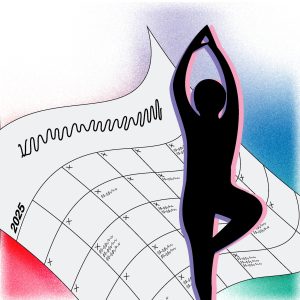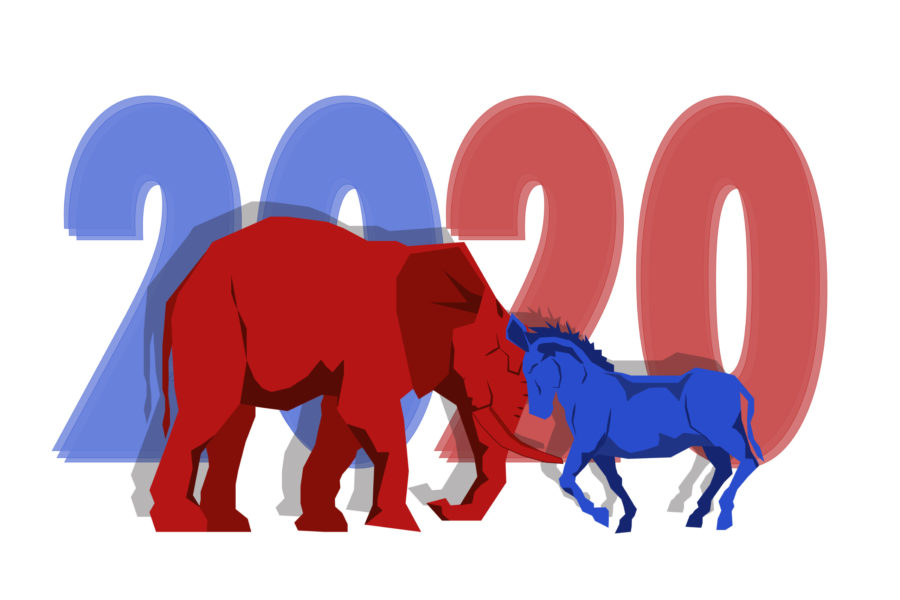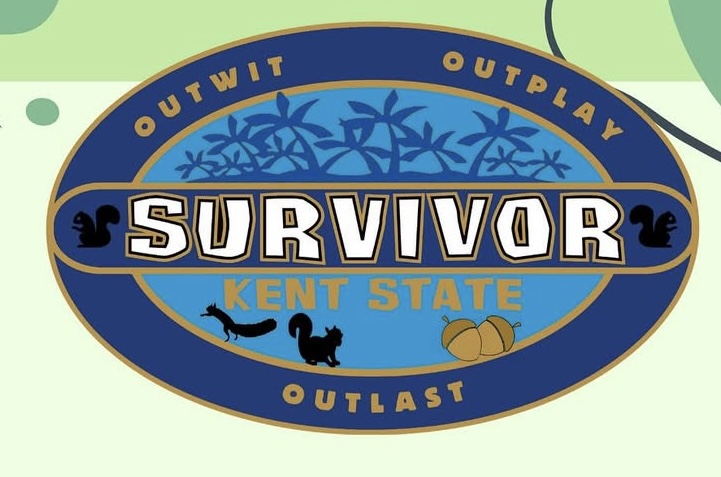Illustration by Jocelyn Burton
The 2016 presidential election was historic in a few different ways. Democratic nominee and former Secretary of State Hillary Clinton won the popular vote by 2,868,691 votes. Clinton gained 65,853,516 votes to Donald Trump’s 62,984,825 votes. Clinton’s popular vote win was the widest margin of victory by a losing candidate, and she became the fifth presidential candidate in history to win the popular vote but lose the election.
Trump won the Electoral College with 304 votes compared to Clinton’s 227. After Clinton’s loss, a lot of Americans called for the dismissal of the Electoral College and wondered what its purpose is. To win the presidential election, a candidate needs 270 out of 538 electors. The Electoral College comes together every four years to vote in the presidential election. Every other election in the United States is won by the popular vote.
When the framers of the Constitution were deciding how the president would be elected, some people wanted it to be completely decided by the popular vote, while others wanted Congress to elect the president. To compromise, they created the Electoral College. Every state has a different number of electors and each state’s number of electors is based on the state’s population size, its number of U.S. senators and the state’s number of House representatives.

In the 2016 presidential election, Trump won 30 states while Clinton won 20. Trump won a lot of middle ground and Southern states: Idaho, Utah, Arizona, Alaska, Montana, Wyoming, North Dakota, South Dakota, Nebraska, Kansas, Oklahoma, Texas, Wisconsin, Iowa, Missouri, Arkansas, Louisiana, Michigan, Indiana, Kentucky, Tennessee, Mississippi, Alabama, Georgia, Florida, South Carolina, North Carolina, West Virginia, Ohio and Pennsylvania.
Clinton took the states on the East and West Coast: Washington, Oregon, California, Nevada, Colorado, New Mexico, Hawaii, Minnesota, Illinois, Virginia, Maryland, New Jersey, New York, Connecticut, Massachusetts, Vermont, New Hampshire and Maine. When Trump won Pennsylvania, a state that has voted Democrat since 1992, it was clear that Clinton lost the election and that Trump would become president.
Trump’s presidency has been described as controversial by many. He has put a lot of his personality into his presidency and is the first president to be as active on Twitter. The way the media has covered his presidency has made it hard to understand what Trump has actually done compared to what Trump has said at his rallies or on Twitter. “Trump is a very controversial person, but you can’t deny that he has done some great things for the country. And whether or not you like him as a person or you’re planning on voting for him, I think it’s good to be able to acknowledge that,” says Lindsey Vlasic, vice president of Young Americans for Liberty, a libertarian discussion and activism group on Kent State’s campus.
Young Americans for Liberty is a diverse discussion group, whose members vary amongst the political spectrum. “We have a very mixed bunch of people who have different feelings on Trump, but most of us are able to acknowledge that he’s done some good things and done some bad things,” Vlasic says.
The 2016 election was very divisive, and the country has become increasingly polarized and divided since.
“Many people, I’m not going to say most, but many people are so entrenched in their views already,” says Jacob Rosemeier, president of Young Americans for Liberty.
One way to combat this division is the possibility of more options. “One thing we all very much agree on in our clubs is that we need more options. As a country, we don’t want to keep facing a lesser two evils situation every four years,” says Rosemeier.
According to RealClearPolitics, which changes daily, Democratic presidential candidate and former Vice President Joe Biden is leading in all battleground states. Nationally, Biden currently has a 10 point lead over Trump in the polls.
However, even though the election is less than a month away, it is too early to determine who will win the election. Clinton was leading in the polls up until election day in 2016, and it should not be assumed that Biden will win. “ I feel like we’re in a good spot. The party’s in a good spot. Our candidate’s in a good spot. But, you know, things can always change with three weeks left,” says Tyler Gardner, president of Kent State College Democrats.
There is a difference in the way that Trump is running his 2020 campaign compared to the 2016 campaign. “I definitely get the sense that they’re not being as smart this time. They’re not being as focused. There’s a lot of throwing things out there to try and see what lands and none of it really working,” says Gardner.
“When you get to Trump and Biden, it’s very mixed,” says Rosemeier. “There are people who are devout Trump supporters who would be hard-pressed to vote for Biden, while there are devout Biden supporters who would be very hard-pressed to vote for Trump.”
Gardner is looking forward to a Biden presidency. “He has really built up a lot of progressive policy, in regards to education, healthcare, the environment and criminal justice. I think it’s a huge step in the right direction. I’m excited to see how his presidency is going to surprise people.”
Some students are not excited about either presidential candidate. “Neither candidate will bring forth the change that we really need in this country,” says Colt Hutchinson, president of Kent State Students for a Democratic Society.
“I won’t be voting in the presidential election,” Hutchinson said “The best way to achieve change is to get out into the streets. Historically, protesting and activism is the only way to achieve any real change in this country.”
Only 55% of Americans voted in the 2016 election, and many feel as if their vote does not matter. Many other countries still fight for fair and free elections, something that Americans have not done for hundreds of years.
Younger people especially need to turn out to vote; Gen Z and Millennials are able to become the largest percentage of voters. “Younger generations are more diverse. We have more accepting views on LGBTQ+ people. Immigration and climate change is a huge concern for us. These things aren’t necessarily priorities of Boomers and Gen X, so if young people are not out voting, then those will continue to not be priorities,” says Gardner.
It is also important to vote locally. “Remember not to just focus on the presidential ticket; the people running for local offices for your county and the state all impact your life on a daily basis, arguably more than the president does,” says Gardner.
“Voting is important,” says Vlasic. “You should use your voice and get out there and vote and make yourself heard, especially if you believe in something.”
















